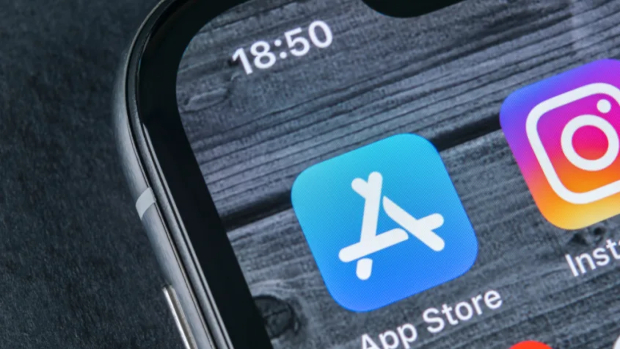
Cupertino plays with the EU, but changes the goalposts on developers
Life
Apple has announced that iPhone users in the European Union will soon be able to install applications not only from Apple’s App Store, but also from other platforms.
Apple’s new policy, announced Thursday in California, marks the first time since the launch of the App Store that Apple has allowed users to download apps that are not approved for the App Store.
The option to install apps from other sources, which Apple reluctantly announced in response to the EU’s new Digital Markets Act (DMA), opens up the possibility of downloading a far wider range of apps than is possible on Android.
Apple says it will also allow other payment methods that compete with Apple Pay and alternative technologies for web browsers, which Apple previously did not allow. In order to use these new options, the latest version of the operating system iOS 17.4 must be installed on the device.
Control
Under new EU rules, large and dominant service providers – so-called “gatekeepers” – are not allowed to ban app stores from other service providers.
Until now, iPhone apps could only be downloaded from the company’s own download platform. On Google’s Android platform, however, smartphone owners have long been able to download and install apps that were geoblocked, banned, or simply unavailable in the Google Play Store.
However, Apple will retain partial control over app installation in the future, even if it takes place outside of its App Store.
Unlike Android, you won’t be able to download any app to your browser and install it. Instead, iPhone owners must use verified marketplaces—essentially iPhone apps designed to install other apps. But they can only do that if Apple approves it.
It is likely that Apple could still pull such platforms from the App Store if they allow the installation of apps that enable illegal content streaming or that risk losing revenue to Apple.
Other browsers possible in the future
Along with the changes to the app stores, Apple is also introducing further changes to counter antitrust allegations from the EU. In the future, European users will be able to freely choose the default browser on the iPhone.
Until now, Apple’s Safari browser automatically opened all web links. In the future, browsers such as Google Chrome, Firefox, Microsoft Edge, Brave, Opera or DuckDuckGo can also perform this task.
Competitors will also no longer be forced to use Apple’s favored WebKit technology to display web pages in their apps, but will be allowed to use their own web engines.
In the EU, Apple’s monopoly on contactless payments with the iPhone will also be abolished. Until now, only Apple’s own payment service Apple Pay could use the iPhone’s NFC chip to pay at a supermarket checkout or other payment terminal.
In the future, users will be able to decide for themselves which payment application will be launched by default.
However, when it comes to Apple’s controversial charges for subscriptions and in-app purchases, the tech giant has made minor concessions. Until now, Apple demanded a 15% revenue share from smaller developers and for long-term subscriptions.
Service providers with a turnover of over a million dollars a year even had to pay 30%. These commissions will now be reduced to 10% and 17%, respectively. If developers use the App Store’s payment processing service, an additional 3% will be charged.
As a concession to the EU, Apple now allows developers to use an alternative payment provider in their app or connect users to a payment processing website without additional fees from Apple.
News Wires